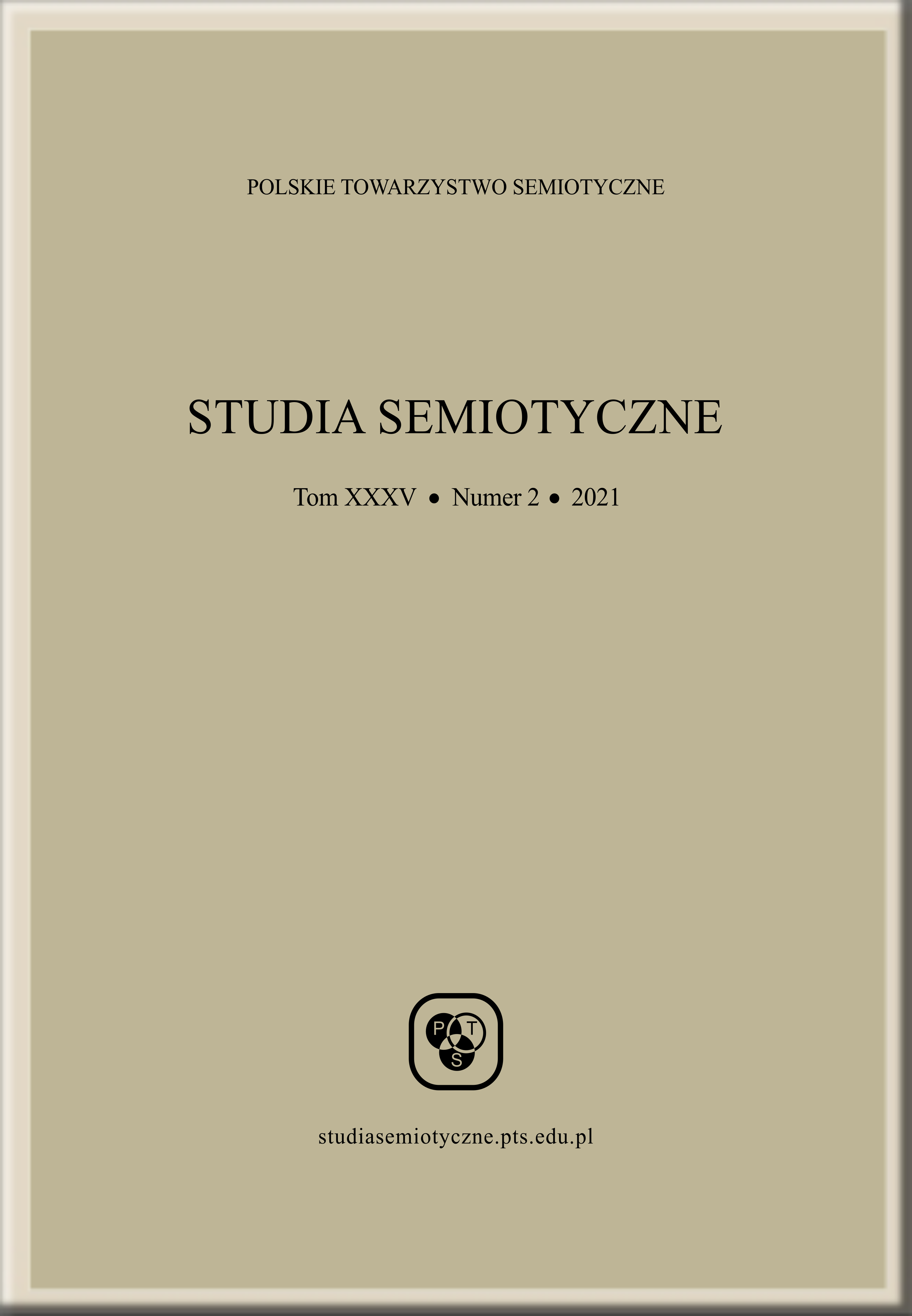Abstract
DOI: https://doi.org/10.26333/sts.xxxv2.01
If you are reading this, there is a good chance that you are interested in conditionals. Also, depending on how deep your interest is, you may recognize the first sentence of this paragraph as an example of a conditional statement. If you did not recognize this, you should know that conditionals are complex expressions of the form “If A, then C” (formally, “A > C”). We often use them to indicate a connection between two states of affairs, expressed by the antecedent A (or if-clause) and a consequent C (or then-clause). For example: “If you ever lose your credit card, immediately inform your bank”, “If there is an action, there is an equal and opposite reaction”, “If the river were to rise another two feet, the subway system would be flooded”. By asserting statements like these, one usually suggests a relationship between two states, such that one affects the other. In other words, the second somehow obtains under the condition of the first [...].
References
Adams, E. (1965). The Logic of Conditionals. Inquiry: An Interdisciplinary Journal of Philosophy, 8(1–4), 166–197.
Adams, E. (1970). Subjunctive and Indicative Conditionals. Foundations of Language, 6(1), 89–94.
Adams, E. (1975). The Logic of Conditionals: An Application of Probability to Deductive Logic. Dordrecht: Springer.
Appiah, A. K. (1985). Assertion and Conditionals. Cambridge: CUP.
Bennett, J. (2003). A Philosophical Guide to Conditionals. Oxford: OUP.
Berto, F., French, R., Priest, G., Ripley, D. (2018). Williamson on Counterpossibles. Journal of Philosophical Logic, 47(4), 693–713.
Brogaard, B., Salerno J. (2013). Remarks on Counterpossibles. Synthese, 190, 639–660.
Byrne, R. M. J. (2016). Counterfactual Thought. Annual Review of Psychology, 67(1), 135–157.
Carston, R. (2017). Pragmatics and Semantics. In Y. Huang (Ed.), The Oxford Handbook of Pragmatics (pp. 453–472). Oxford: Oxford University Press.
Chisholm, R. M. (1946). The Contrary-to-Fact Conditional. Mind, 55(220), 289–307.
Chisholm, R. M. (1955). Law Statements and Counterfactual Inference. Analysis, 15(5), 97–105.
Douven, I. (2008). The Evidential Support Theory of Conditionals. Synthese, 164(1), 19–44.
Edgington, D. (1986). Do Conditionals Have Truth Conditions? Critica, 18(52), 3–39.
Edgington, D. (1995). On Conditionals. Mind, 104(414), 235–329.
Embry, B. (2014). Counterfactuals Without Possible Worlds? A Difficulty for Fine’s Exact Semantics for Counterfactuals. Journal of Philosophy, 111(5), 276–287.
Fine, K. (2012). Counterfactuals Without Possible Worlds. The Journal of Philosophy, 109(3), 221–245.
Goodman, N. (1947). The Problem of Counterfactual Conditionals. The Journal of Philosophy, 44(5), 113–128.
Hájek, A. (2003). What Conditional Probability Could Not Be. Synthese, 137(3), 273–323.
Jackson, F. (1979). On Assertion and Indicative Conditionals. Philosophical Review, 88(4), 565–589.
Kratzer, A. (2012). Modals and Conditionals: New and Revised Perspectives. Oxford: Oxford University Press.
Krzyżanowska, K., Wenmackers, S., Douven, I. (2013). Inferential Conditionals and Evidentiality. Journal of Logic, Language and Information, 22(3), 315–334.
Leitgeb, Hannes (2012a). A Probabilistic Semantics for Counterfactuals. Part A. Review of Symbolic Logic, 5(1), 26–84.
Leitgeb, Hannes (2012b). A Probabilistic Semantics for Counterfactuals. Part B. Review of Symbolic Logic, 5(1), 85–121.
Lewis, D. (1973). Counterfactuals. Oxford: Blackwell.
Mackie, J. L. (1973). Truth, Probability, and Paradox. Oxford: OUP.
McGee, V. (1994). Learning the Impossible. In E. Eells, B. Skyrms (Eds.), Probability and Conditionals: Belief Revision and Rational Decision (pp. 179–199). Cambridge: Cambridge University Press.
Moss, S. (2012). On the Pragmatics of Counterfactuals. Noûs, 46(3), 561–586.
Nickerson, R. S. (2015). Conditional Reasoning. The Unruly Syntactics, Semantics, Thematics, and Pragmatics of “If”. Oxford: Oxford University Press.
Nolan, D. (1997). Impossible Worlds: Modest Approach. Notre Dame Journal of Formal Logic, 38(4), 535–572.
Nolan, D. (2003). Defending a Possible-Worlds Account of Indicative Conditionals. Philosophical Studies, 116(3), 215–269.
Ramsey, F. P. (1931). General Propositions and Causality. In F. P. Ramsey, The Foundations of Mathematics (pp. 237–255). New York: Humanities.
Sanford D. H. (1989). If P, then Q: Conditionals and the Foundations of Reasoning. London: Routledge.
Sendłak, M. (2021). Counterpossibles, Story Prefix and Trivialism. Synthese, 199, 7283–7301
Stalnaker, R. (1968). A Theory of Conditionals. In N. Rescher (Ed.), Studies in Logical Theory. Oxford: Blackwell.
Stalnaker, R. (1975). Indicative Conditionals. Philosophia, 5(3), 269–286.
Todd, W. (1964). Counterfactual Conditionals and the Presuppositions of Induction. Philosophy of Science, 31(2), 101–110.
Von Fintel, K. (2001). Counterfactuals in a Dynamic Context. In M. Kenstowicz (Ed.) Ken Hale: A Life in Language. Cambridge: MIT Press.
Williamson, T. (2016). Knowing by Imagining. In E. Kind, P. Kung (Eds.), Knowledge Trough Imagining (pp. 113–122). Oxford: OUP.
Williamson, T. (2018). Counterpossibles. Topoi, 37(3), 357–368.


